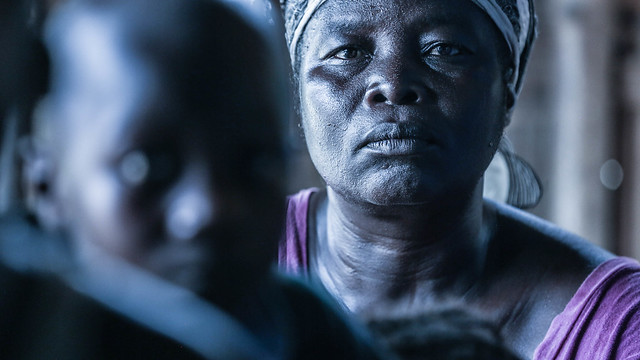The Universal Plantain: Cooking Across Energy Sources
The Universal Plantain: A Simple Meal, A World of Cooking Methods
How energy sources transform the cost and labor of a basic food
Let's explore how to cook one of Africa's most versatile foods—plantains—using the different energy sources available today, from high-tech kitchens to rural homesteads.
Boiled Plantains: The Foundation
Basic Ingredients & Preparation:
- 2-3 semi-ripe plantains (yellow with some black spots)
- Water to cover
- Pinch of salt (optional)
- Preparation: Peel plantains and cut into 2-3 pieces
Cooking Methods Across the Economic Spectrum
1. The Electric Kitchen (Urban Middle-Class)
Process:
- Place plantains in pot, cover with water, add salt if desired
- Bring to boil on high heat (5-7 minutes)
- Reduce to medium heat and simmer for 15-20 minutes until tender
- Drain and serve
2. The Gas Stove (Urban Household)
Process:
- Follow same preparation as electric method
- Monitor flame carefully to maintain steady simmer
- Cooking time: 15-20 minutes
3. The Charcoal Stove (Urban Lower-Income)
Process:
- Light charcoal and wait 10-15 minutes for embers to form
- Prepare plantains while charcoal heats
- Balance pot carefully on charcoal stand
- Boil water, then maintain steady heat by fanning occasionally
- Cooking time: 25-35 minutes
4. The Wood Fire (Rural Homestead)
Process:
- Gather and prepare firewood (30-90 minutes, depending on scarcity)
- Build and light fire
- Use green wood to maintain slower, longer-lasting heat
- Suspend pot over fire using tripod or balance on stones
- Cooking time: 20-30 minutes (plus wood preparation)
The Plantain Paradox
Notice the pattern? The "free" wood fire method requires the most human effort. The plantains cost the same at market, but the true price of the meal varies dramatically based on how you cook it.
The electric method offers convenience but depends on grid stability. The wood method offers independence from utility bills but consumes the most valuable resource of all: time.
Serving Suggestions
Boiled plantains can be served with:
This simple dish reveals how technology, economics, and geography shape one of the most basic human activities: turning raw ingredients into nourishment.
What's your preferred way to cook plantains? The method you use might say more about your resources than your recipe.























